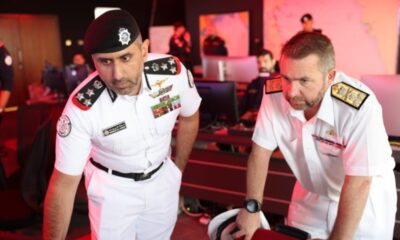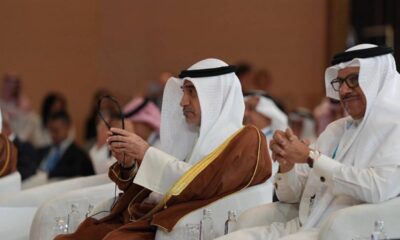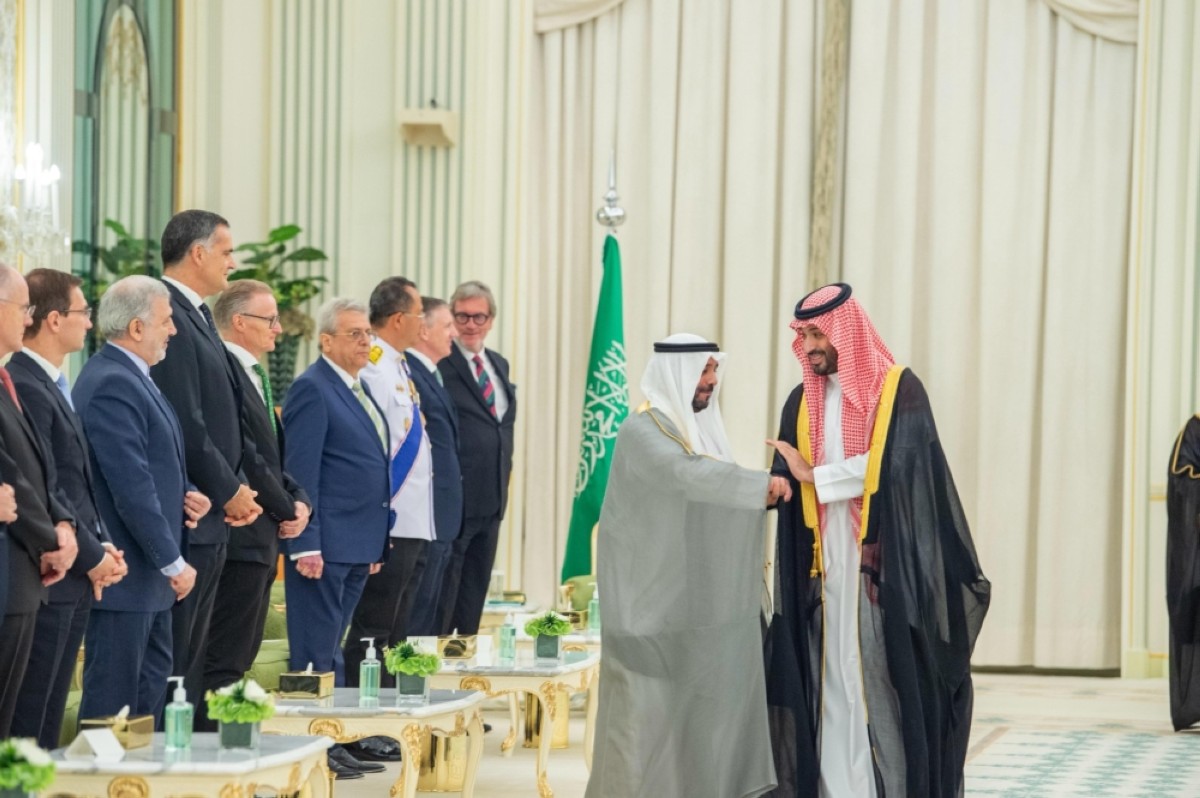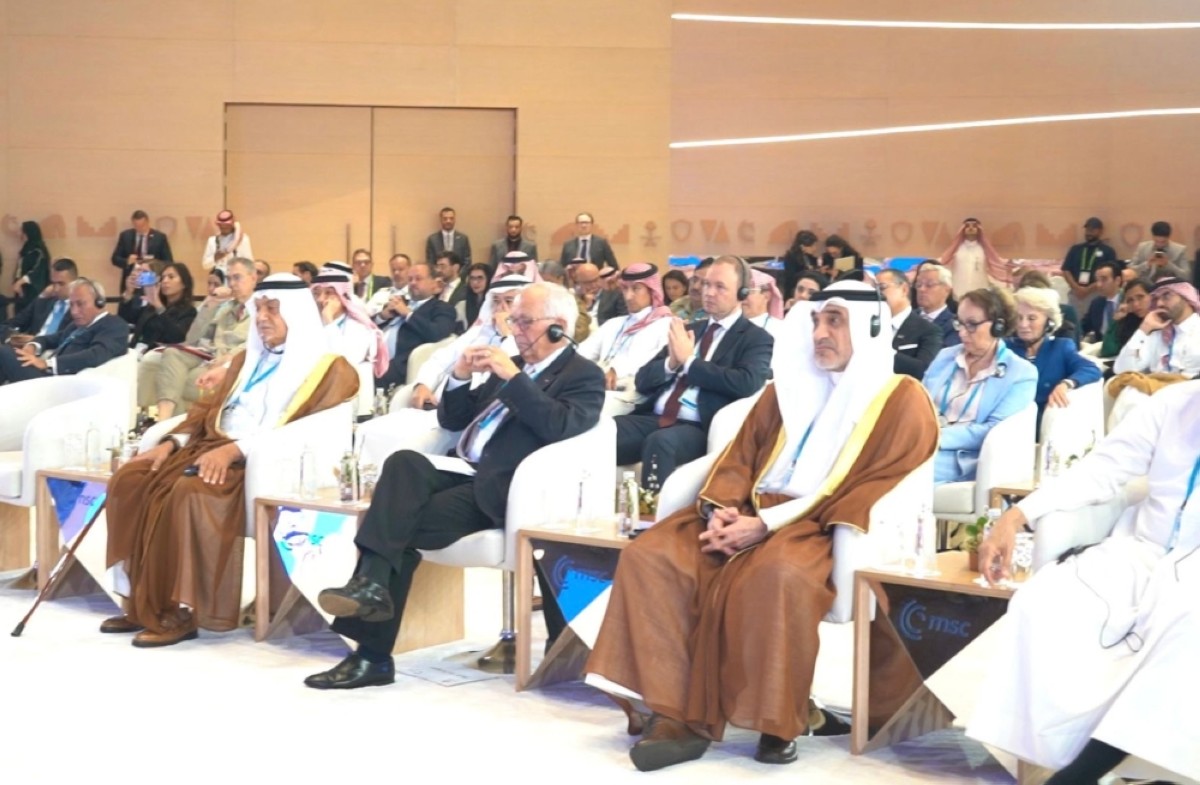KUWAIT: Minister of Social Affairs, Family, and Childhood Affairs Dr Amthal Al-Huwailah emphasized Kuwait’s deep commitment to individuals with autism, highlighting the country’s ongoing efforts to integrate this group into society. Speaking on the occasion of World Autism Awareness Day, observed every April 2, Al-Huwailah reaffirmed Kuwait’s dedication to securing the rights of individuals with autism, enhancing their abilities, and providing robust support to their families.
In an interview with Kuwait News Agency (KUNA), Al-Huwailah explained that Kuwait is focused on developing specialized training and rehabilitation programs to ensure individuals with autism thrive in a supportive environment. She also expressed gratitude for the families who care for children with autism, acknowledging their tireless efforts. The minister reiterated the government’s full support and solidarity with these families, highlighting the critical role of the Public Authority for Disability Affairs and professionals offering psychological and social support.
Kuwait joined the global community in observing World Autism Awareness Day by raising public awareness and mobilizing medical professionals to provide guidance on autism—a neurodevelopmental disorder that affects how people interact with others, communicate, learn, and behave to varying degrees. The country’s efforts are supported by a variety of institutions, including the Public Authority for Disability Affairs, specialized schools, rehabilitation centers, and the Kuwait Autism Center, a leading regional institution offering comprehensive programs for education, rehabilitation, and therapy. Other key institutions involved include the Psychiatric Hospital and the Ministry of Health’s Developmental Medicine Unit, which provide diagnostic and therapeutic services.
Dr Samira Al-Saad, Chairperson of the Kuwait Autism Society and founder of the Kuwait Autism Center, emphasized the importance of the observance, noting that it serves as a vital opportunity to highlight Kuwait’s contributions to autism support services. She pointed out the collaborative efforts between the Kuwait Autism Center and the Gulf Autism Association, which are pivotal in enhancing services, promoting social acceptance, and providing critical support for individuals with autism.
Al-Saad also highlighted the center’s international impact, including its role in training professionals in GCC countries and other Arab nations. Through specialized courses and workshops, the center has equipped individuals with essential skills for diagnosing and supporting autism. With over 30 years of experience, the center has developed the REACH philosophy, a structured approach to autism training that spans from early childhood through adulthood. The center offers a range of programs, including early intervention, educational programs, vocational training, and seasonal educational clubs.
Moreover, Dr Al-Saad emphasized that individuals with autism can pursue careers and marry, noting the center’s commitment to helping young adults with autism find employment. Many individuals trained at the Kuwait Autism Center have successfully integrated into the workforce.
Ihsan Al-Jadoua, Director of Disability Care Centers at the Public Authority for Disability Affairs, shared that the authority has made significant strides in providing specialized education and rehabilitation services for children with autism. Al-Jadoua stressed that public awareness campaigns, such as workshops and lectures, have been instrumental in helping families understand autism and the importance of early intervention. These efforts are improving children’s psychological and social well-being, with strategies tailored to their specific needs.
Al-Jadoua also addressed the challenges posed by severe behavioral disorders associated with autism, such as sensory impairments and difficulty forming relationships. She highlighted the importance of family cooperation with the authority to ensure early intervention, which can significantly improve outcomes for children with autism. The authority is also working toward the goals outlined in Kuwait Vision 2035, focusing on enhancing autism services, improving educational programs, and fostering collaboration across government, private sector, and nonprofit organizations, she said. — KUNA
Factbox
Autism support in Kuwait
•Kuwait Autism Center: Established over 30 years ago, the center provides early intervention services, educational programs, vocational training, and youth housing.
•Public Authority for Disability Affairs: Offers educational and rehab services to integrate individuals with autism into society.
•Kuwait Autism Society: Partners with the center to raise awareness and provide ongoing support.
Impact
•Family support: Workshops and campaigns help families understand autism and the importance of early intervention.
•Workforce integration: Many trained individuals have successfully entered the workforce.
•Training programs: Kuwait Autism Center offers specialized training for professionals across the GCC and Arab nations.
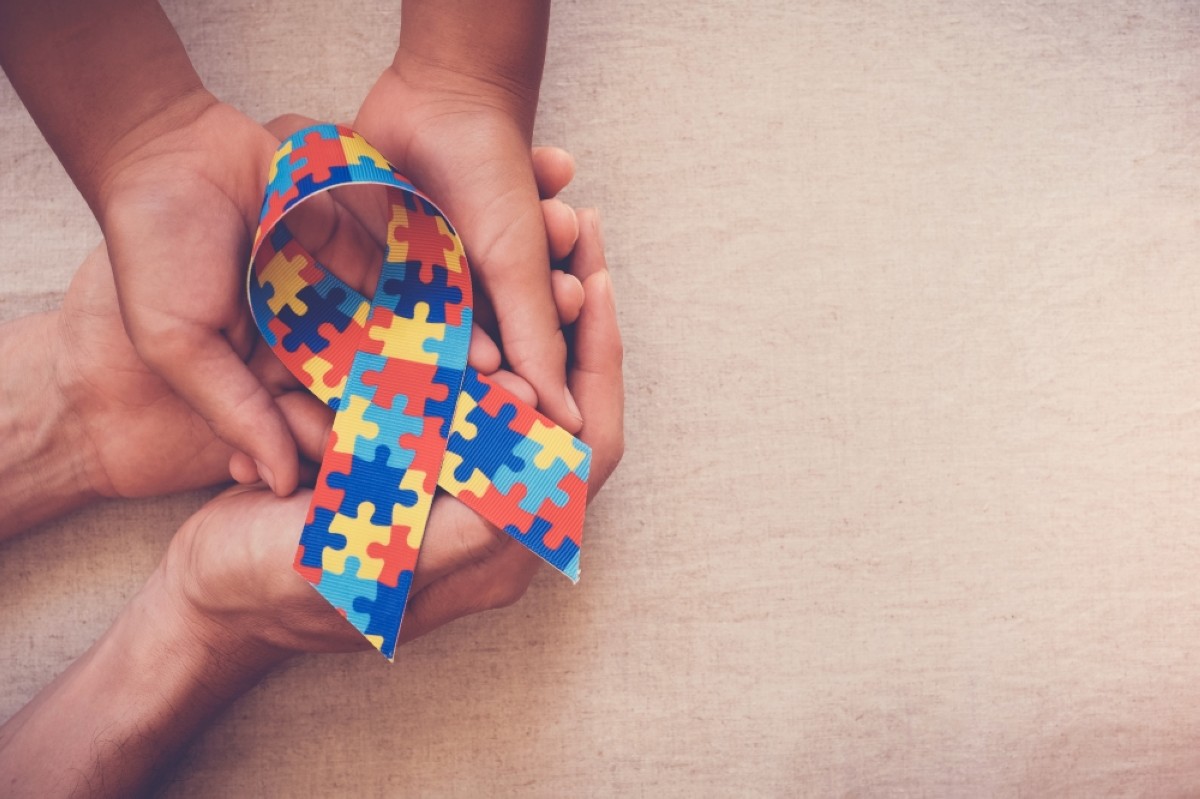

 Business20 hours ago
Business20 hours ago
 Politics13 hours ago
Politics13 hours ago
 Latest News18 hours ago
Latest News18 hours ago
 Latest News20 hours ago
Latest News20 hours ago
 Latest News11 hours ago
Latest News11 hours ago
 Politics10 hours ago
Politics10 hours ago
 Politics11 hours ago
Politics11 hours ago
 Latest News10 hours ago
Latest News10 hours ago




